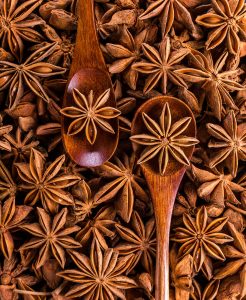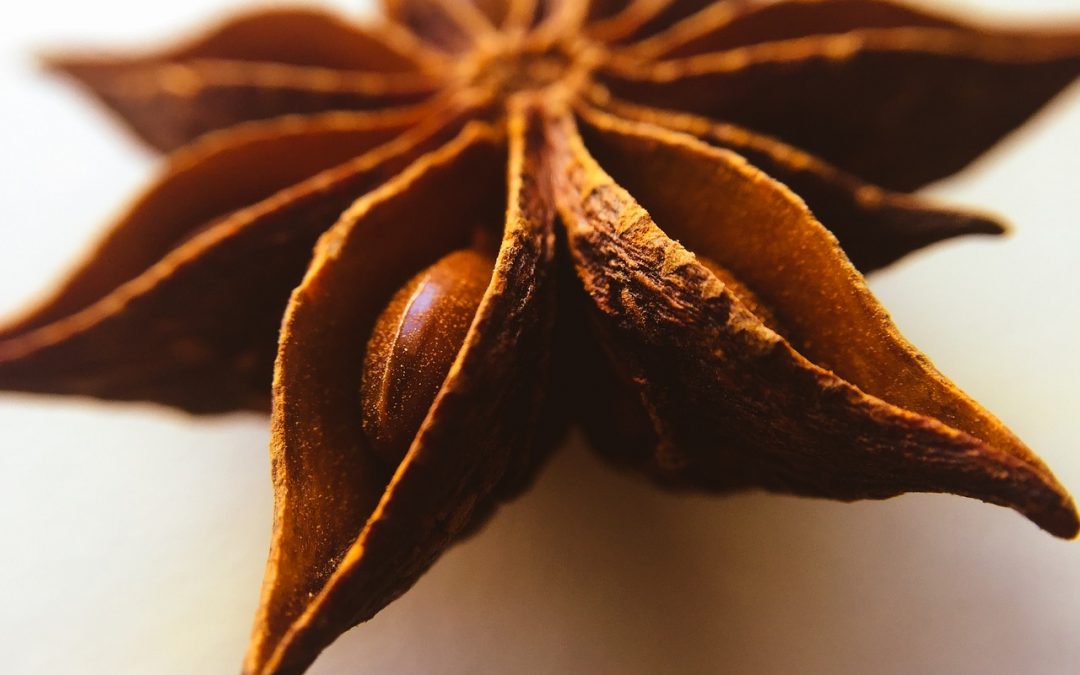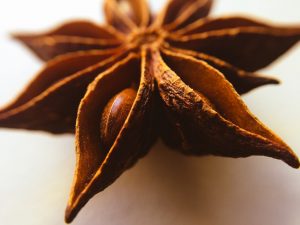 Anise is a popular spice in many cuisines, but it is also known for its use in skincare products. The benefits of anise in skincare have been known for centuries, and recent studies have shown that it has powerful properties that can help improve the health and appearance of your skin. Let’s take a closer look at the benefits of anise in skincare products.
Anise is a popular spice in many cuisines, but it is also known for its use in skincare products. The benefits of anise in skincare have been known for centuries, and recent studies have shown that it has powerful properties that can help improve the health and appearance of your skin. Let’s take a closer look at the benefits of anise in skincare products.
- Anti-inflammatory properties
Anise contains compounds such as anethole and estragole, which have anti-inflammatory properties. These compounds can help soothe and calm irritated skin, reducing redness, swelling, and discomfort. Anise can be particularly beneficial for people with sensitive or acne-prone skin, as it can help reduce inflammation and prevent breakouts.
- Antimicrobial properties
Anise also has antimicrobial properties that can help prevent the growth of bacteria on the skin. This can be particularly beneficial for people with oily or acne-prone skin, as bacteria can contribute to the development of acne. Anise can help keep the skin clean and free of harmful bacteria, reducing the risk of breakouts.
- Antioxidant properties
Anise contains antioxidants such as flavonoids and phenolic compounds, which can help protect the skin from damage caused by free radicals. Free radicals are unstable molecules that can damage cells and contribute to the development of wrinkles and other signs of aging. Anise can help neutralize free radicals and protect the skin from damage, keeping it looking healthy and youthful.
 Moisturizing properties
Moisturizing properties
Anise can also help moisturize the skin. It contains fatty acids that can help hydrate the skin and prevent dryness. Anise can be particularly beneficial for people with dry or mature skin, as it can help keep the skin soft, supple, and moisturized.
In conclusion, anise is a versatile and powerful ingredient that can provide numerous benefits for the skin. Whether you have sensitive, acne-prone, oily, dry, or mature skin, anise can help improve its health and appearance. If you’re looking for skincare products that contain anise, be sure to read the labels carefully and look for products that use high-quality, natural ingredients. Your skin will thank you!
References
- Khan, S. A., & Khan, S. A. (2014). A review of anethole, a phytochemical with antimicrobial, antifungal, antioxidant, and anti-inflammatory activities. The scientific world journal, 2014.
- Mota, A. C., de Castro, R. D., de Araújo, R. S., & de Oliveira, M. V. (2018). Antimicrobial activity of the essential oil from anise (Pimpinella anisum L.) against bacteria and yeasts of interest in dentistry. Brazilian dental journal, 29(3), 235-240.
- Lee, H. J., Jeong, H. S., Kim, D. J., Noh, G. O., & Park, H. J. (2017). Anti-inflammatory effects of anethole in a lipopolysaccharide-induced mouse model of acute lung injury. International immunopharmacology, 49, 56-61.
- Pisoschi, A. M., & Pop, A. (2015). The role of antioxidants in the chemistry of oxidative stress: a review. European journal of medicinal chemistry, 97, 55-74.
- Bhatia, A., Bharti, R., & Tripathi, S. (2017). Anise (Pimpinella anisum) seed extract as a potential natural antioxidant for food applications. International journal of food science & technology, 52(9), 191


 Moisturizing properties
Moisturizing properties
Recent Comments